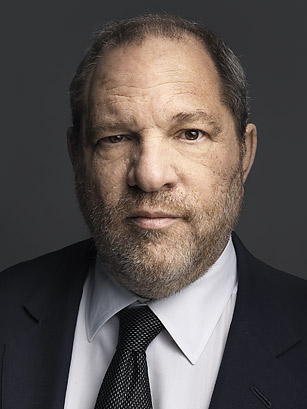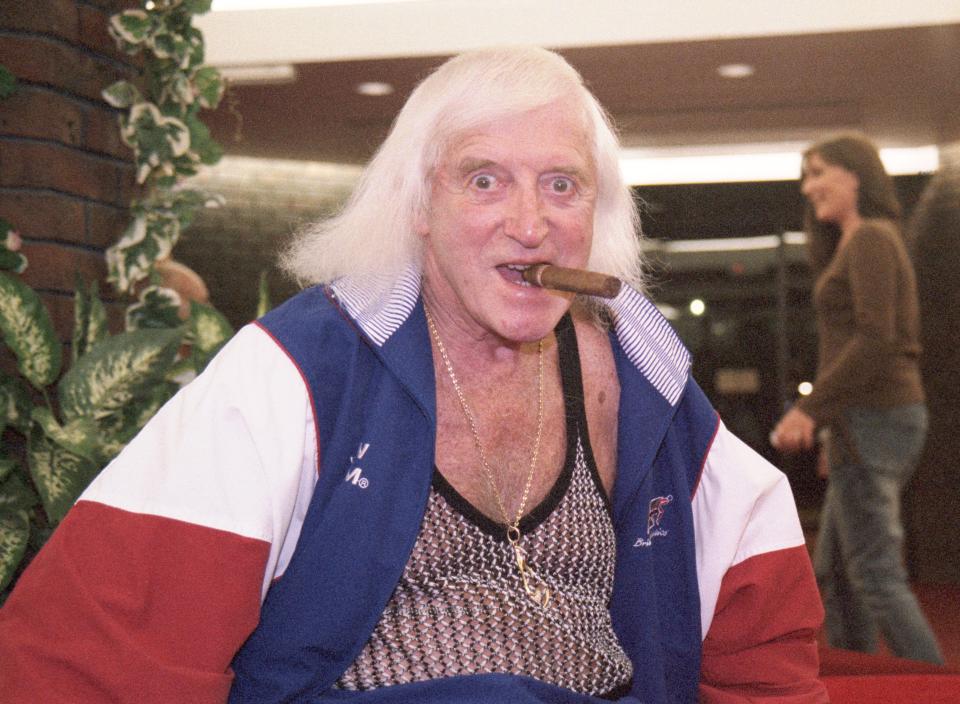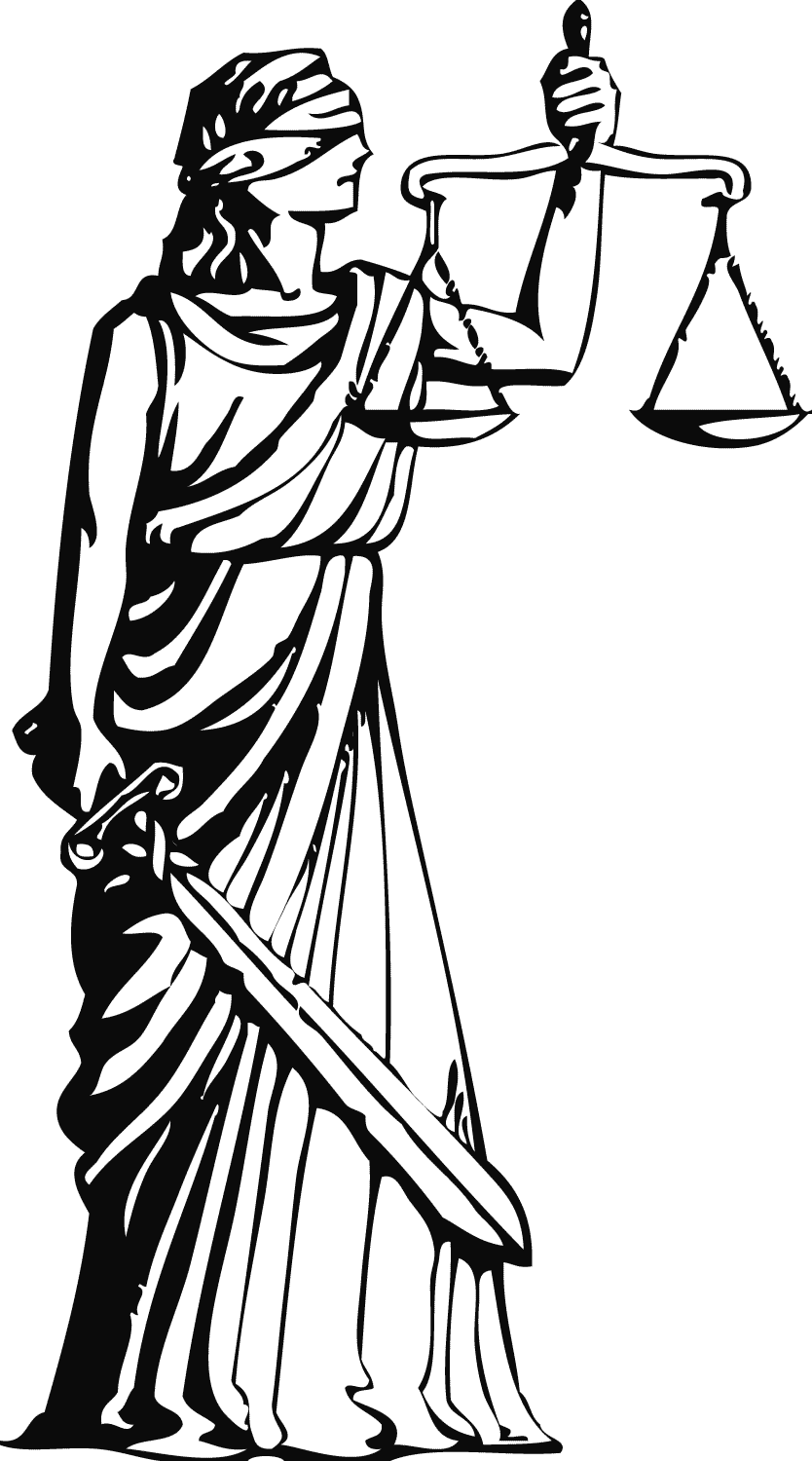The Harvey Weinstein scandal has been a nauseating fixture in the news over the last week or two, inescapable and distasteful. Nauseating and distasteful in the details of the accusations against him, of sexual misbehaviour and abuse of power on an industrial scale. Yet equally nauseating has been the exponentially-increasing parade of Hollywood identities lining up to throw their stones at the man, rightly or wrongly, now in the stocks of public opinion.

Even if only half of the accusations are true, Mr Weinstein has behaved in an appalling manner. But are they true? This raises the first question we, especially Catholics, should be asking. Where and when was the trial? There has been no due process of law, only a trial by media which has pronounced Weinstein guilty on the basis of untested allegations, and already he is being stripped of various roles and positions. Australians will be well aware of a similar trial by media of Cardinal Pell, with the secular press largely declaring him guilty despite swelling murmurs of his innocence and calls for a fair and just trial. One of the most cherished principles of our system of justice—innocence till proof of guilt is established beyond reasonable doubt—is wantonly overturned by the media for its own ends, not the least of which is revenge. In Britain we saw similar trials by media of Field Marshal Lord Bramall, and prominent politicians Leon Brittan, Harvey Proctor and, post-mortem, former PM Sir Ted Heath. In all these cases reputations were ruined, lives made miserable and insufficient evidence found even to begin a trial.
Equally distasteful is the parade of stars and entertainment industry types laying out in great detail and with absolute conviction accusations which paint a picture of a type of movie mogul that has long been a feature of the industry. After all, the “casting couch” is now an accepted phrase in the language. Rather than being an outburst of truth-telling, it appears to be more a stampede of virtue signalling, to use the modern phrase.
This brings us to the second question we should be asking: why did none of these people say something earlier; why now? We have heard endless condemnations, not all of them just, showered on the Church for failing to address adequately the evil of clerical abuse of minors. We can understand why a child victim of clerical or other abuse may say nothing, for the child is at an utter disadvantage on so many levels. Yet we can only conclude that Hollywood has actively colluded in allowing Weinstein to continue in the abuse of power and people of which he has now been accused of doing.
Britain has barely come to terms with the Jimmy Savile affair, where senior members of the BBC, of the entertainment industry and the NHS, both covered up what appears to have been a staggering level of organised abuse of children and vulnerable adults, and even aided and abetted him in pursing it, giving him private rooms and keys to such places at Broadmoor high-security mental hospital. The truth came out only after Savile had died and could no longer affect anyone’s career. Even worse, it came out after a fair trial could have been held.

The silver lining to the dark cloud of abuse in the Church has been that we have made it extremely difficult for a priest or any other church official to abuse children or vulnerable adults. When even a whiff of an accusation appears the machinery of safeguarding quickly takes over, sometimes bringing its own injustices in the zeal to root out and remove abusers. What is clear is that Hollywood and the wider entertainment industry has made no such progress, and remains a far more dangerous place for children or vulnerable adults than the Church. Indeed, presbyteries are now, arguably, safer places than the family home.
The Church has had to face up to the darkness within it. So too should the entertainment and media industries, quick as they are to plunge the knife into the reputations of Christians and others on the thinnest of pretexts. If Mr Weinstein is guilty let him be tried in a court of law and the evidence heard and tested. Let, moreover, the trial be truly fair. The same is due Cardinal Pell. Let whistleblowers have every protection; but if found not to be telling the truth, let them be prosecuted. And should it be that a guilty party goes free because the evidence was insufficient to satisfy the legal standards, then the Christian knows that there will be a final, far more powerful and infinitely more just tribunal awaiting us all after death. Sometimes it is the only consolation we can have in an often unjust world. And for everyone, there is always repentance.

It is a principle that a person is innocent until proved guilty beyond reasonable doubt in a court of law. A contiguous principle is that it is better that the guilty go free than the innocent be condemned. That is a harder pill to swallow for most of us, but it should make us consider the nature and centrality of justice and what purpose it serves. Two wrongs have never made a right. Catholics and all Christians should, surely, be at the forefront of promoting a justice that is authentic, and in recognising that justice is rarely if ever served by a baying mob, no matter how famous or rich its members… or perhaps especially if its members are rich and famous.
Amen Father…
With clerical abuse the problem was often that when the abuse was reported it was covered up. Priests were moved and parents at times bullied. And although things have vastly improved it is still not perfect. Take the example of a priest who says during a homily that he “loves watching naked children playing on the beach.” And remarking how much pleasure that gives him. Duly reported to the safeguarding officer but denies saying such things when questioned. Still in active ministry. Still just as creepy as ever. Some people refuse to come to Mass here because of this.
Hollywood is a different kettle of fish altogether. Many people collided with the abuse by Weinstein. And many protected him for years. Yes. We must not jump to conclusions. But sometimes after so much frustration events take on a life of their own.
Salve.
Of course it was often covered up and nefarious means used to “avoid scandal”, though too often not in the way canon law meant it. My point is that the Church has moved well beyond those days, though no doubt there is/will be an exception here or there. As to your priest who preached in what we are to believe was almost salacious terms, then I am at a loss as to how he can deny something that must have been heard by dozens of people. If he said such things, have the parishioners been asked to witness to it? What sort of investigation has the safeguarding office undertaken? If the local people do not take up their rightful part in the process then the Church at large can hardly be held to blame for it. Besiege the diocesan curia with complaints and demands for an investigation that is transparent as far as possible.
All too often the failure of institutions lies in fact in the failure of individuals to act when they could have.
Pax.
I agree with almost everything you state Father. This Weinsteining is disgusting. I feel for the victims. I can’t be amazed at the hypocrisy and piling on of all these virtue signallers. Where were these people? I guess it’s better late than never but it has a stink to it. On the “contiguous principle,” I am not sure that works. Are we talking numbers here? What if it was one person who was innocent compared to 10,000 who were guilty of murder. I didn’t think it is better or Justice that those 10,000 go free. 1 in 100,000? Surely the one innocent person has had an injustice done to him, but better that the guilty go free? I don’t think so.
Salve.
The whole point of principles is that they are independent of numbers and other factors in individual cases. Granted, they are not thereby immutable and infallible. The point the principle makes is that, after a proper investigation and testing of evidence, if there is still reasonable doubt then the only morally safe verdict is not guilty (which does not mean innocent necessarily). There will always be, and usually is, another day on which to convict the guilty, but when the innocent are deprived of their liberty and good name, society as a whole has lost.
As to your hypothesis, I confess I do not get it, nor see its relevance.
Pax.
Perhaps I did not then fully understand your statement on the contiguous principle, or I wrongly presumed I did. “A contiguous principle is that it is better that the guilty go free than the innocent be condemned.” That to me was a paraphrase of the Blackstone formulation, which is not about the individual case and weighing of evidence (which your reply is discussing directly above), but about numbers. From that presumption, which I could be quite wrong about, it is then about numbers. I don’t think the principle holds, and the use of the numbers was an attempt to demonstrate it.
I was not thinking of Blackstone, but the basic principle it overdoes – that condemning the innocent is a greater injustice than the guilty getting off. All mention of numbers, deriving I presume from an obsession with the story of Abraham’s bargaining with God for Sodom, is beside the point, pace Mr Blackstone!
I know nothing about Weinstein (had never even heard of him before this story broke) so will refrain from any comment on him in particular. In general, however, I believe that people do not speak earlier because they feel too powerless, scared and weak to do so. Reporting abuse requires the courage to relive more intensely what one had tried to bury and put behind one. Also, some people accused of abuse are powerful, public figures. This often means that no one initially wants to believe they could be capable of such abuse. A final point is that some victims fall into a negative pattern of thinking according to which they either initially do not realize they have been abused (this would be especially true for children) or somehow believe it was their fault (women may feel they should not have worn such as such a dress, or smiled in such and such a way, etc.).
In short, the unfolding of abuse accusations is very complex. And, of course, false accusations are not specific to crimes of sexual abuse.
I quite agree about the complexity of motivations and circumstances that may prevent someone from speaking out. In the Church abusers used a fear of hell, for example, or a fear of even worse personal or familial trauma to come. Powerful indeed.
However in this case, notwithstanding the odd exception that is no doubt to be found, most were motivated to keep silent by a fear of hurting their careers in Hollywood. Real enough, but hardly of the same order as the situation above. Such a motivation is, at heart, self-interest, not survival. Self-interest of this calibre is hard to defend.
Pax.
I have no way of knowing if that is true. My guess is that in any situation of abuse – be it between a powerful producer and an actress who wants to break into Hollywood, between a parish priest and an altar boy, or indeed within the natural family unit (between a father and his daughter, for example) – the same dynamic is going on: a figure who holds some authority in the eyes of the victim warps a relationship based on trust and turns it into a situation for his (or her – some abusers are women) personal gratification. The victim becomes an object without a voice. My guess is that this dynamic applies to rich and poor victims, famous and unknown, young and old alike. Some abusers fear nothing because they are too mentally ill to realize that what they are doing is terribly, terribly wrong and evil. Many have been abused themselves, of course, and so are locked into a pattern of destructive behaviour.
In their trauma, victims often “close down” rather than simply keep silent. Reawakening the voice of justice takes a long time.
But I am not talking about the victims; I am talking about all those in the industry who knew and said nothing so as not to jeopardize their careers.
Right on Father. My comment way above (Blackstone and numbers) was an unintentional distraction. It was an excellent piece and much appreciated. Will there be any soul searching after this by the “who knew and kept silent”? I doubt it, in fact, I think there will more of “look how good we are for speaking up” than mea culpas.
Since they are all masters of PR, I suspect they will get away with it and HW will be the fall guy. How many more will continue to get away with it? Pax.
I appreciate your insisting on presumption of innocence. While this seems to have kicked off a new round of online conversation about the appalling harassment that really does occur in many areas of society, the other side of the coin is many indeed have suffered from witch hunts in the past. Some still suffer.
“When even a whiff of an accusation appears the machinery of safeguarding quickly takes over, sometimes bringing its own injustices in the zeal to root out and remove abusers.”
Unfortunately, 3 billion dollars of settlement claims later – many entirely unquestioned nor given the most basic verification – the Church’s zeal has indeed left many innocent priests now living under bridges or dying in prison with scant opportunity or resources to defend themselves. Father Gordon Macrae wrote about this as well as the Polanski case, which bears some comparison to this current Weinstein scandal: http://thesestonewalls.com/gordon-macrae/the-whoopi-cushion/